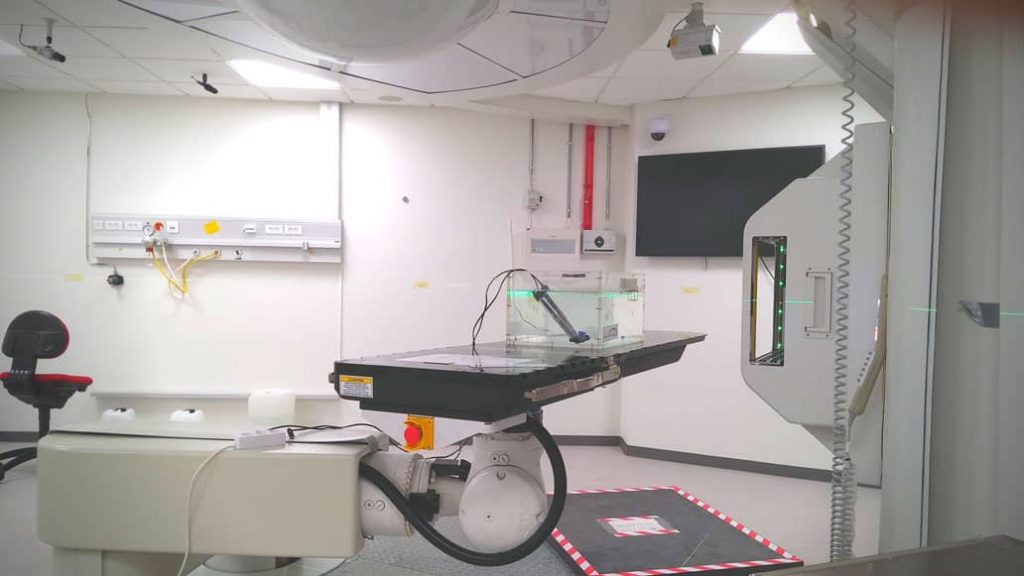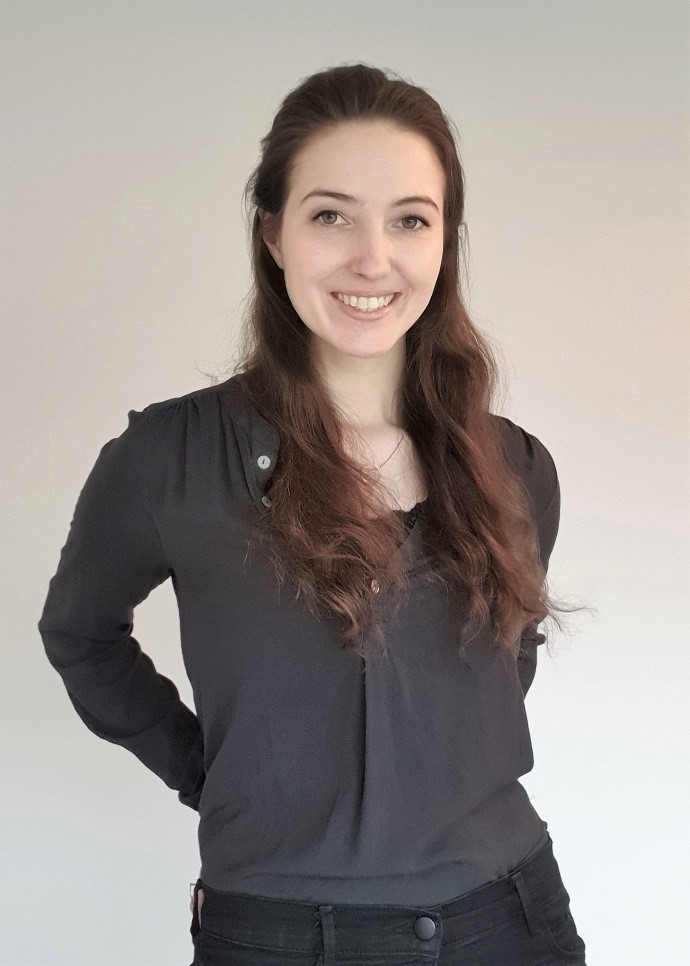Robust optimization for anatomical variations
MGH(USA-Boston), Raysearch Lab (Sweden) University of Amsterdam (Netherland)
Project description
The use of robust planning for proton radiotherapy to account for more complex changes than simple geometrical errors is at an explorative stage. In this project, we propose to expand the concept of automated robust planning to include robustness towards anatomical variations.
We propose to implement an individualized and progressive approach by characterizing the most prominent components of anatomical variation for the specific patient. Individual characteristics can be identified based on the daily imaging (cone-beam CT scans) performed in the treatment room for patient setup.
- Analysis and categorization of anatomical variations.
Method: Cone-beam CT scans performed on days of treatment (for setup purposes) will be used to quantify the variations for each patient. Deformable image registration will be performed between cone-beam CT scans and the treatment planning CT scan, resulting in a deformable vector field map for each registration. Daily anatomical variations will be quantified for each patient using a principal component analysis. Geometrical and physiological interpretation of the modes of variation will be performed by visual inspection and cluster analysis of the scans and the corresponding deformation fields.
- Individualization of adaptation and robustness strategy
The modes of anatomical variation and their interpretation are combined with recalculated dose distributions, to identify which modes of variation are most prone to result in large dosimetric changes. Based on these variations different approaches to individualized progressive robustness optimization and adaptation are compared. Strategies of increasing complexity range from inclusion of average variations at selected stages of treatment, to full progressively optimized plans with individual robustness measures based on daily variations.
Based on the dose and robustness comparisons, the approaches giving the best plan quality combined with the highest degree of overall robustness are identified and categorized for patient subgroups.
The project will take place in the computational medical physics research group of Professor Stine Korreman at Aarhus University. The medical physics research group is embedded in the joint oncology research environment at Aarhus University Hospital and housed at the Danish Center for Particle Therapy. The research environment is well-established and of the highest international standard, with research activities in radiation oncology bridging translational and clinical research. Aarhus University has a PhD program in clinical medicine at the Faculty of Health.


Nadine Vatterodt
Early-Stage Researcher at Aarhus University
I am Nadine Vatterodt, a German currently living in Denmark. I recieved my master’s degree in medical physics from Martin-Luther University Halle-Wittenberg. Having always been enthusiastic about connecting with all kinds of people, I was financing my studies as a bartender and head of the bar. To me, the feeling of creating happy moments to guests is worth going an extra mile and to never lose my smile, even if the club is bursting at the seams.
With this background I am happy to challenge myself as a PhD in the international RAPTOR network. At Aarhus University and the Danish Center for Particle Therapy I am part of the computational medical physics research group of Stine Korreman. My studies focus on the investiagtion of individualzed robust optimization strategies to account for anatomical changes in combination with different adaptation schemes. By collaborating with the clinical staff, we hope to facilitate the implementation of workflows providing anatomical robustness in the proton center and to ease the progress towards online adaptive therapy.
I truly believe that we have not yet reached the full potential of particle therapy. I am fascinated about the range of research working towards the overall aim of providing an optimal treatment by combining the power of math, physics, engineering, biology and medicine. Working in an innovative and interdisciplinary field and at the same time making an impact on patient’s quality of life is the source of my passion.

Aarhus University
Project: Robust optimization for anatomical variations
As the only facility in Denmark, the Danish Centre for Particle Therapy (DCPT) integrates proton therapy for Danish cancer patients and a comprehensive international research centre. The national centre is located at Aarhus University Hospital and started patient treatment in January 2019.


